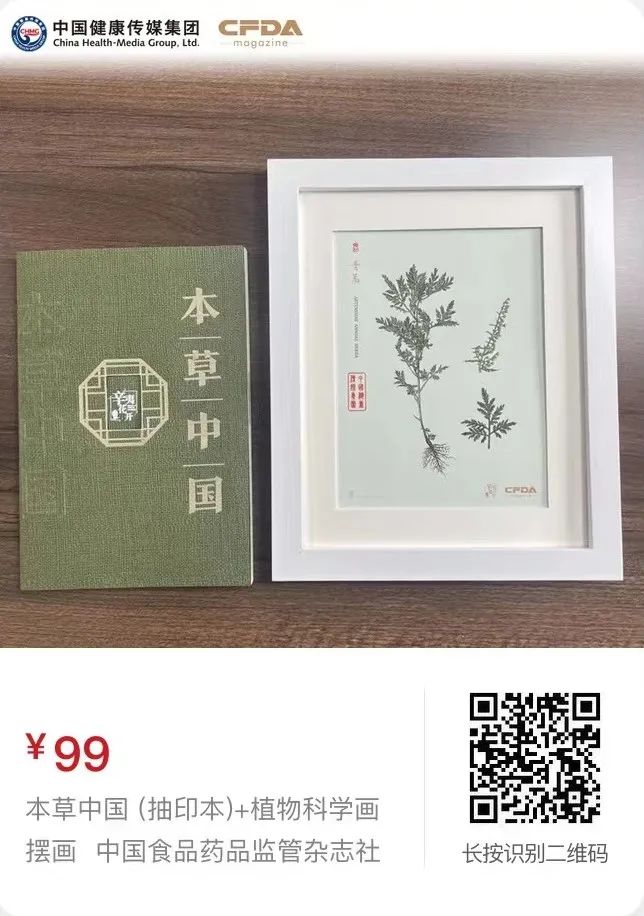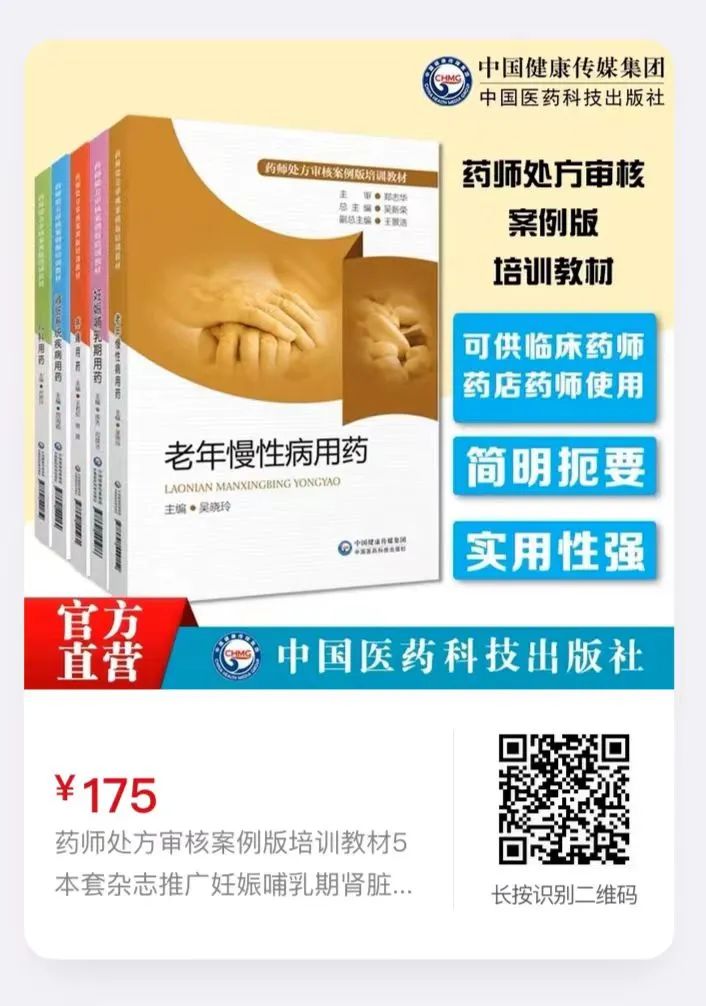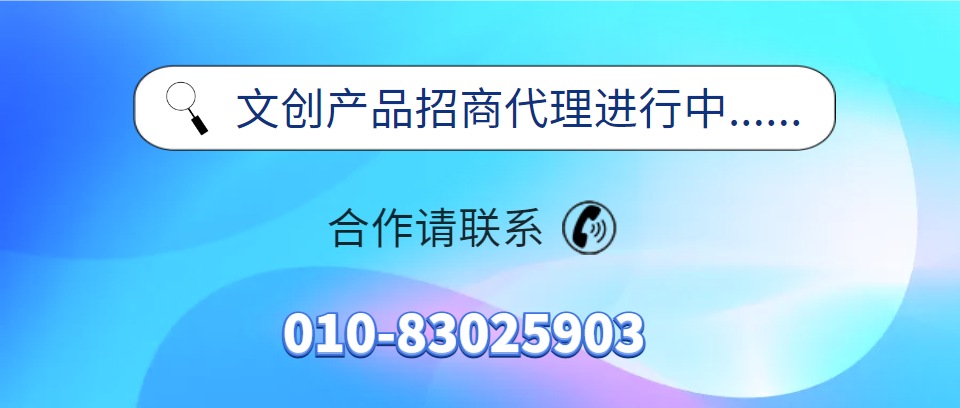In Traditional Chinese Medicine (TCM), human constitution is classified into nine types: Yin Deficiency (Yin Xu), Yang Deficiency (Yang Xu), Qi Deficiency (Qi Xu), Phlegm-Dampness (Tan Shi), Damp-Heat (Shi Re), Qi Stagnation (Qi Yu), Blood Stasis (Yu Xue), Special Constitution (Te Bing), and Harmonious Constitution (Ping He). Whether for health maintenance or disease treatment, understanding one’s constitution type is one of the most fundamental and important considerations.
However, many people are unclear about which type they belong to. This is naturally why the same methods may work for others but not for you.
Identify your TCM constitution type! Which one are you?
1. Yang Deficiency Constitution (Yang Xu) (Cold-sensitive Type)
Definition: Insufficient Yang Qi leading to a lack of warmth, characterized by cold limbs and easy sweating.
Physical Characteristics: Often plump and pale, with soft muscles.
Main Symptoms: Cold hands and feet, sensitivity to cold in the back and abdomen, preference for warm foods, low energy, excessive sleep, pale and swollen tongue with teeth marks, and a deep, slow pulse (only detectable with deep pressure, and the pulse rate is less than 60 beats per minute).
Other Symptoms: Pale complexion, dull eyes, pale lips, hair loss, excessive sweating, thin stools, and clear, frequent urination.
Dietary Recommendations: Consume more warming and Qi-nourishing foods such as scallions, ginger, garlic, Sichuan pepper, leeks, chili peppers, and black pepper.
2. Yin Deficiency Constitution (Yin Xu) (Water-deficient Type)
Definition: Insufficient body fluids and blood, characterized by Yin deficiency and internal heat.
Physical Characteristics: Slim and elongated.
Main Symptoms: Warm palms and soles, tendency for dry mouth and tongue, slightly dry nose, thirst for cold drinks, dry stools, and a red tongue with little moisture and coating.
Other Symptoms: Flushed complexion, feeling of heat, dry and gritty eyes, blurred vision, slightly dry red lips, dry skin prone to wrinkles, dizziness, tinnitus, poor sleep, short urination, and a thin, rapid pulse (as fine as a thread, weak and soft).
Dietary Recommendations: Consume more cooling and moistening foods such as mung beans, winter melon, sesame, and lily bulbs.
3. Qi Deficiency Constitution (Qi Xu) (Shortness of Breath Type)
Definition: Insufficient Qi throughout the body, characterized by weak breath and low organ function.
Physical Characteristics: Soft muscles.
Main Symptoms: Shortness of breath, reluctance to speak, low voice, fatigue, easy exhaustion, excessive sweating, pale red tongue with swelling and teeth marks, and a weak, slow pulse.
Other Symptoms: Sallow or pale complexion, lack of spirit, pale mouth, dry and shriveled lips, dull hair, dizziness, forgetfulness, normal stools or constipation without hardening, and normal or increased urination.
Dietary Recommendations: Qi tonics such as ginseng (Ren Shen), astragalus (Huang Qi), and codonopsis (Dang Shen) can be used.
4. Phlegm-Dampness Constitution (Tan Shi) (Phlegm Type)
Definition: Overconsumption of fatty and sweet foods (high in fats and sugars, such as eggs, milk, cakes, etc.), leading to internal accumulation of fluids and phlegm, characterized by stickiness and heaviness.
Physical Characteristics: Obese, with a soft and full abdomen.
Main Symptoms: Oily skin, excessive sweating, chest tightness, and phlegm production.
Other Symptoms: Slightly swollen eyelids, tendency to feel drowsy, often a large tongue with a white greasy coating, heavy body, slippery pulse, preference for fatty and sweet foods, and normal or loose stools with infrequent urination.
Dietary Recommendations: Eat more foods that strengthen the spleen and eliminate dampness, such as scallions, garlic, kelp, winter melon, radish, kumquats, and mustard.
5. Damp-Heat Constitution (Shi Re) (Acne-prone Type)
Definition: Prolonged exposure to damp environments, preference for fatty and sweet foods, or long-term alcohol consumption, characterized by internal damp-heat.
Physical Characteristics: Slightly overweight.
Main Symptoms: Oily skin, prone to acne, red tongue, yellow greasy coating, tendency for bitter and dry mouth, and a heavy, sluggish body.
Other Symptoms: Irritability, red eyes, dry or sticky stools, short and red urination, men may experience dampness in the scrotum, and women may have excessive vaginal discharge (leukorrhea), with a slippery and rapid pulse.
Dietary Recommendations: Eat light foods, favoring cooling and neutral foods such as mung beans, water spinach, celery, cucumber, winter melon, and lotus root.
6. Qi Stagnation Constitution (Qi Yu) (Depressed Type)
Definition: Long-term emotional distress leading to Qi stagnation, characterized by an introverted, unstable personality, and feelings of depression, sensitivity, and suspicion.
Physical Characteristics: Often thin.
Main Symptoms: Depressed mood, frequent feelings of frustration. Representative figure: Lin Daiyu.
Other Symptoms: Chest and rib fullness or pain, frequent sighing, belching (due to diaphragm spasm), sensation of a lump in the throat, breast tenderness, poor sleep, reduced appetite, palpitations, forgetfulness, phlegm production, dry stools, normal urination, pale red tongue, thin white coating, and a thin, wiry pulse.
Dietary Recommendations: Eat foods that promote Qi circulation, relieve stagnation, aid digestion, and invigorate the body, such as wheat, scallions, garlic, kelp, seaweed, radish, kumquats, hawthorn, and rose tea.
7. Blood Stasis Constitution (Yu Xue) (Freckled Type)
Definition: A tendency for poor blood circulation or pathological basis of blood stasis, characterized by blood stasis.
Physical Characteristics: Often thin.
Main Symptoms: Dull complexion, dark skin or pigmentation, easy bruising, dark or purplish lips, dark tongue with stasis spots or patches, and varicose veins under the tongue.
Other Symptoms: Dark circles under the eyes, nasal congestion, hair loss, dry skin, and in women, common menstrual pain, amenorrhea, or dark, clotted menstrual flow.
Dietary Recommendations: Eat foods that invigorate blood circulation, dissolve stasis, promote Qi flow, and soothe the liver, such as black beans, kelp, nori, carrots, hawthorn, vinegar, green tea, and Panax notoginseng (San Qi) powder.
8. Special Constitution (Te Bing) (Allergic Type)
Definition: A special constitution caused by congenital deficiencies and hereditary factors, including congenital and hereditary physiological defects and diseases, and allergic reactions.
Physical Characteristics: No specific features, or may have deformities or congenital physiological defects.
Common Symptoms: Due to varying causes, external manifestations can differ greatly. Allergic individuals often show excessive sensitivity to certain substances. Hereditary diseases may have vertical inheritance and congenital or familial characteristics.
Dietary Recommendations: Drinking reishi mushroom (Ling Zhi) tea, maintaining a light and balanced diet, with appropriate combinations of coarse and fine foods, and reasonable pairing of meat and vegetables. Avoid foods like buckwheat, fava beans, lentils, eggplant, and strong tea.
9. Harmonious Constitution (Ping He) (Healthy Type)
Definition: Good congenital endowment, proper postnatal care, moderate body shape, rosy complexion, abundant energy, and strong organ function.
Physical Characteristics: Well-proportioned and robust.
Common Symptoms: Rosy complexion and skin, thick and shiny hair, clear nasal color, normal sense of smell, normal taste, rosy lips, abundant energy, resistance to fatigue, tolerance to cold and heat, peaceful sleep, good appetite, normal bowel and bladder function, pale red tongue, thin white coating, and a harmonious and vibrant pulse.
After reading this, you might wonder why you have characteristics of several constitutions.
Don’t be surprised; TCM tells us that within each person, there often exists not just one constitution but multiple types simultaneously. Therefore, when practicing health maintenance, it is essential to adjust according to your constitution.
Source: United Drug




